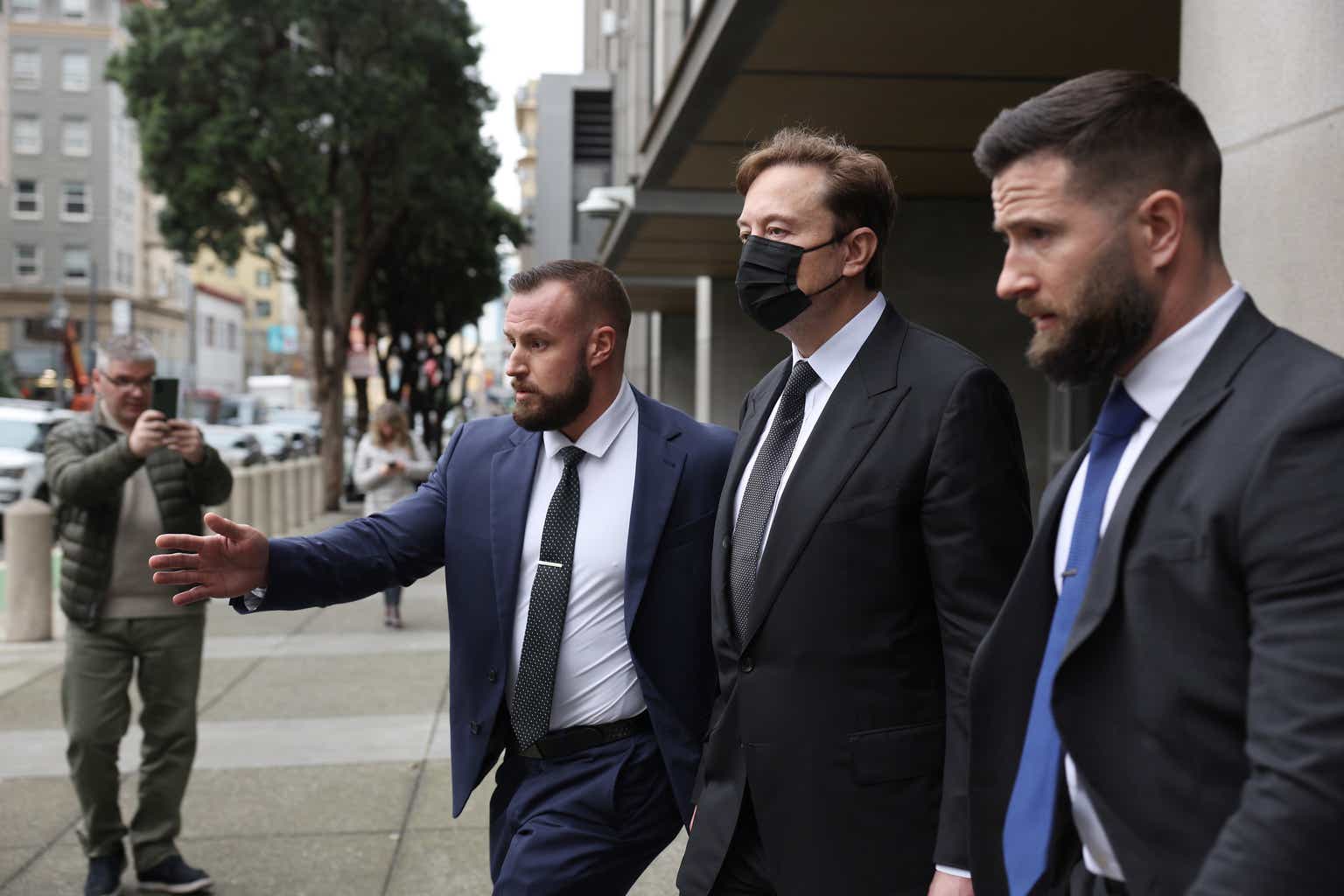
Tesla: Growing Full Self-Driving Liability Could Be Massive (NASDAQ:TSLA)
Tesla, Inc. recently issued a recall on its full self-driving software package. Click for my take on TSLA's potential liability for FSD and my view of the stock.
“For those that have followed the Tesla story, you know that CEO Elon Musk has basically talked about full self-driving for almost a decade now. The company still has not shown off the U.S. coast-to-coast autonomous drive that it said would come by the end of 2017, for instance.”
“The potential liability question comes into play here if you think Tesla won't be able to truly solve FSD with the current hardware. One might think that a potential lawsuit would just want to refund the FSD price, and those arguing here might cite the recall number of vehicles to get a total liability. At an average cost of $10,000 for FSD, that gets you to around $4 billion when you consider how many customers have reportedly paid for the package so far.”
Image source: Full Self-Driving Computer Installations | Tesla Support Other Europe
Image added for Blog Feed thumbnail


